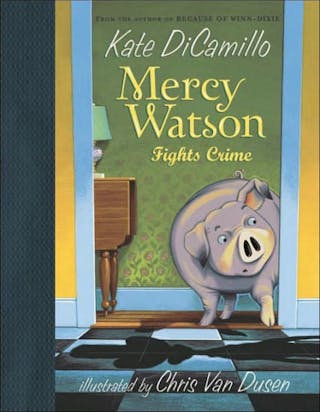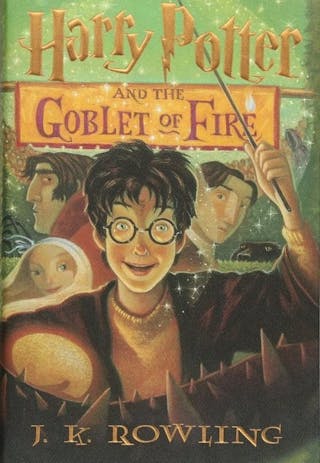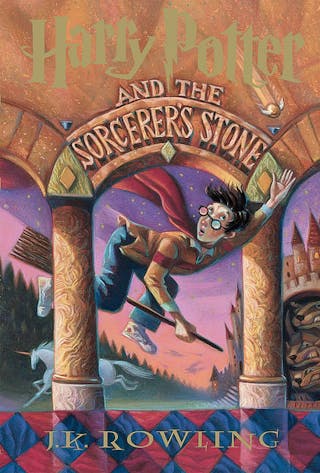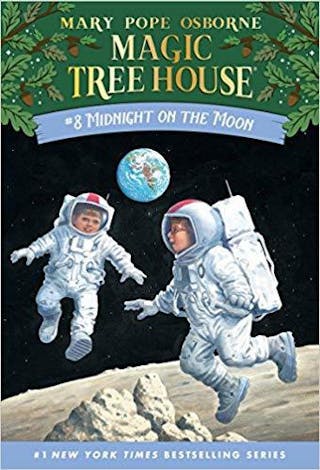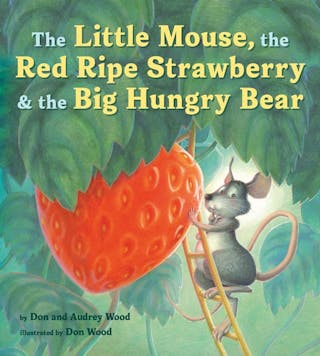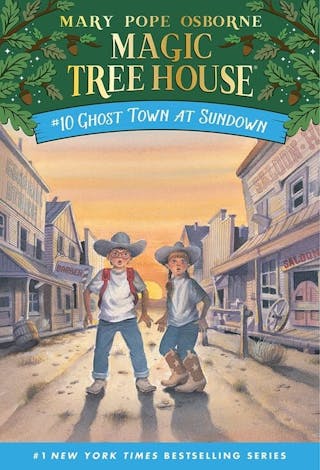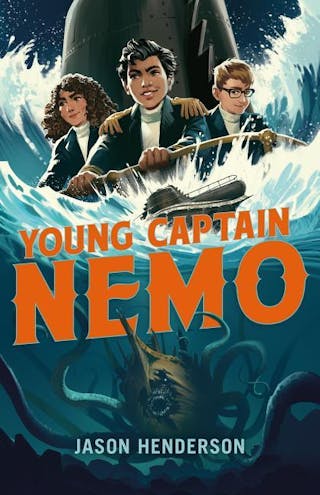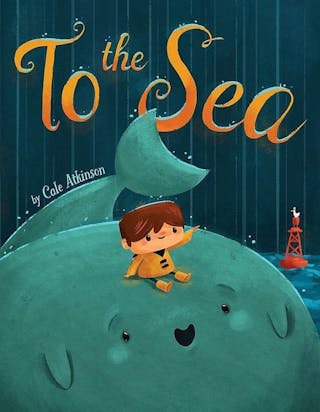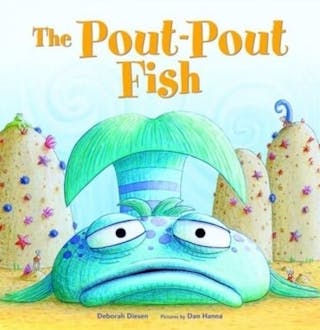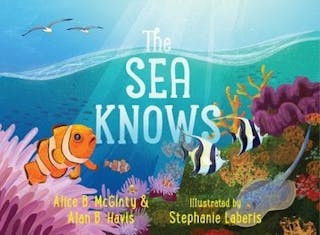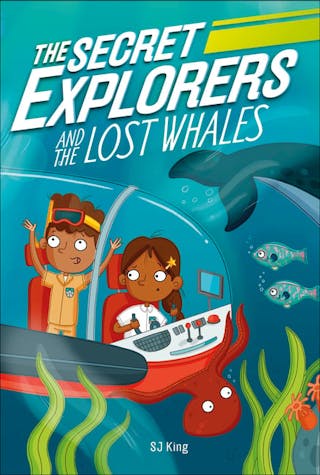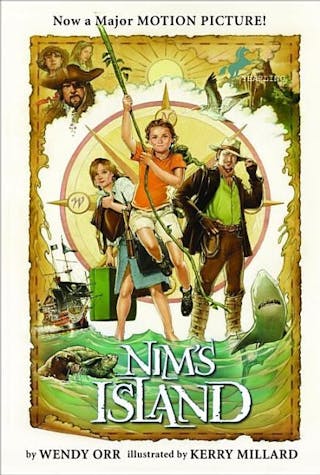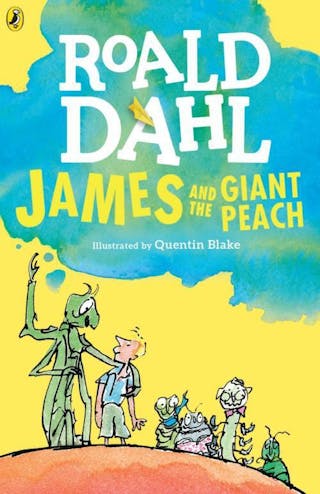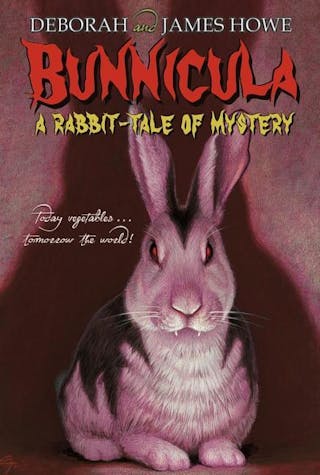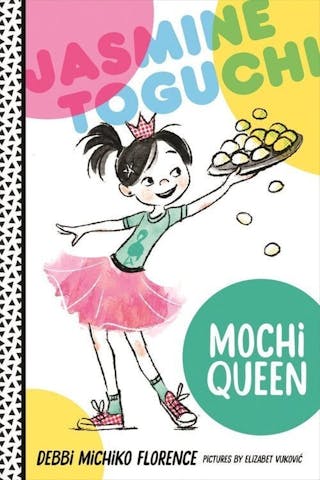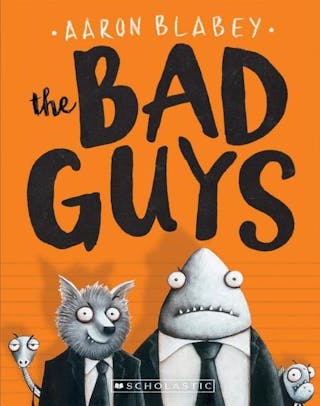

Oslo or The Whale Whose Tail Looked a Bit Like a Wellington Boot
What's This Book About
A young whale starts out simply enjoying krill and ketchup like anyone else before everything changes the day he finds out his tail looks a bit like a wellington boot and he realises that this is different from his classmates at school.Readers are invited to join Oslo as gets to know his friends and teachers, develops his understanding of the world around him and, more than anything, learns new things about himself. This delightful, thoughtful story combines empathy and excitement with humour and heartfelt honesty. Perfect for children aged 7-11 and great for adults too!Oslo the whale lives with his dad. He likes swimming, blowing water out of his blowhole, and eating krill and ketchup.Oslo is the only whale he knows whose tail looks a bit like a wellington boot. Not that it matters, but then again, Oslo’s tail seems to be at the root of all kinds of unexpected events.Along the way, Oslo learns about a lot of things: goals, opposites, sharing, fairness and panic. But will his big moment end in catastrophe? Or might there be a joyous celebration?Reader opinionsOslo or The Whale Whose Tail Looks a Bit Like a Wellington Boot has been very positively received by its first wave of readers, young and old. The following quotes have been selected to be representative and to capture a range of aspects of the book, while avoiding spoilers: “Full of charming characters!””Reading Oslo made me feel happy.””What I really like is the little nuggets of humor sprinkled in for the reader.””What a wonderful book. It reminded me of my childhood.”” I enjoyed both the humour and the way you explain things.””I can highly recommend this lovely book.””It’s rather funny.””I would agree the influence is Kafkaesque!””It really is a sweet book.”Reading level and audienceOslo is a chapter book written in deceptively simple language so that older primary school children should have no difficulty reading alone, while younger children from about 7 up can enjoy it at their own pace or reading together with an adult.While the book is accessible to younger age groups, middle grade readers will engage more with some of the themes and the multi-layered humour includes elements that grown-ups, particularly parents and teachers, will identify with.Oslo is a boy whale, but the book is aimed neither specifically at boys nor at girls. The abstract underwater setting in a school for whales makes it possible for the characters to simply be themselves. There are no hairstyles. There are no clothes. The whales are whales.ThemesThe approachable language helps young readers explore topics like fairness, selfishness and the fragility of happiness. The themes are discussed through the experience of the young whale protagonist, his schoolfriends, his teachers and his dad. The characters are united by their fallibility and an honest realisation that things tend to be rather complicated when you think about them.Being different and disabilityOne central theme is the fact that our young whale’s tail looks a bit like a wellington boot. The reader accompanies Oslo on his journey from his initial realisation that this is different to understanding the wider consequences and working out how this disability impacts his self-esteem and the development of his identity.As with other subjects addressed throughout the book, the issue is discussed honestly, yet positively, and from both Oslo’s own perspective and the perspectives of those around him. There are no easy answers or miracle cures, but the reader is guided through the characters’ thought-processes as they look for solutions to challenging situations.
What Kind of Book is Oslo or The Whale Whose Tail Looked a Bit Like a Wellington Boot
Reviews
Book Lists That Include This Book
The Creative Behind the Book
Stephen grew up on the Wirral, in England, and moved to Germany in 2009 after graduating in Modern and Medieval Languages from Cambridge University. He now works as a content writer for a software company in Berlin, and lives with his wife and two children. He enjoys many kinds of writing, with Oslo or The Whale Whose Tail Looked a Bit Like a Wellington Boot being his first published work of fiction. Stephen can be contacted via email at herrbench@outlook.com, on twitter @herrbench or through his website stephenbenchcapon.eu.
What Has Stephen Bench-Capon Said About This Book
Nothing yet! Let Stephen Bench-Capon know that you want to hear from them about their book.
Other Books You Might Enjoy If You Liked This Book
Book Details
- ISBN
- 9781914195853
- Publication Date
- March 4, 2022
- Publisher
- UK Book Publishing
- Page Count
- 142
- Audience
- Juvenile Reader
- Reading Age
- 7 - 11 years
Contribute to this page
Are you the author or illustrator? Claim your book.
